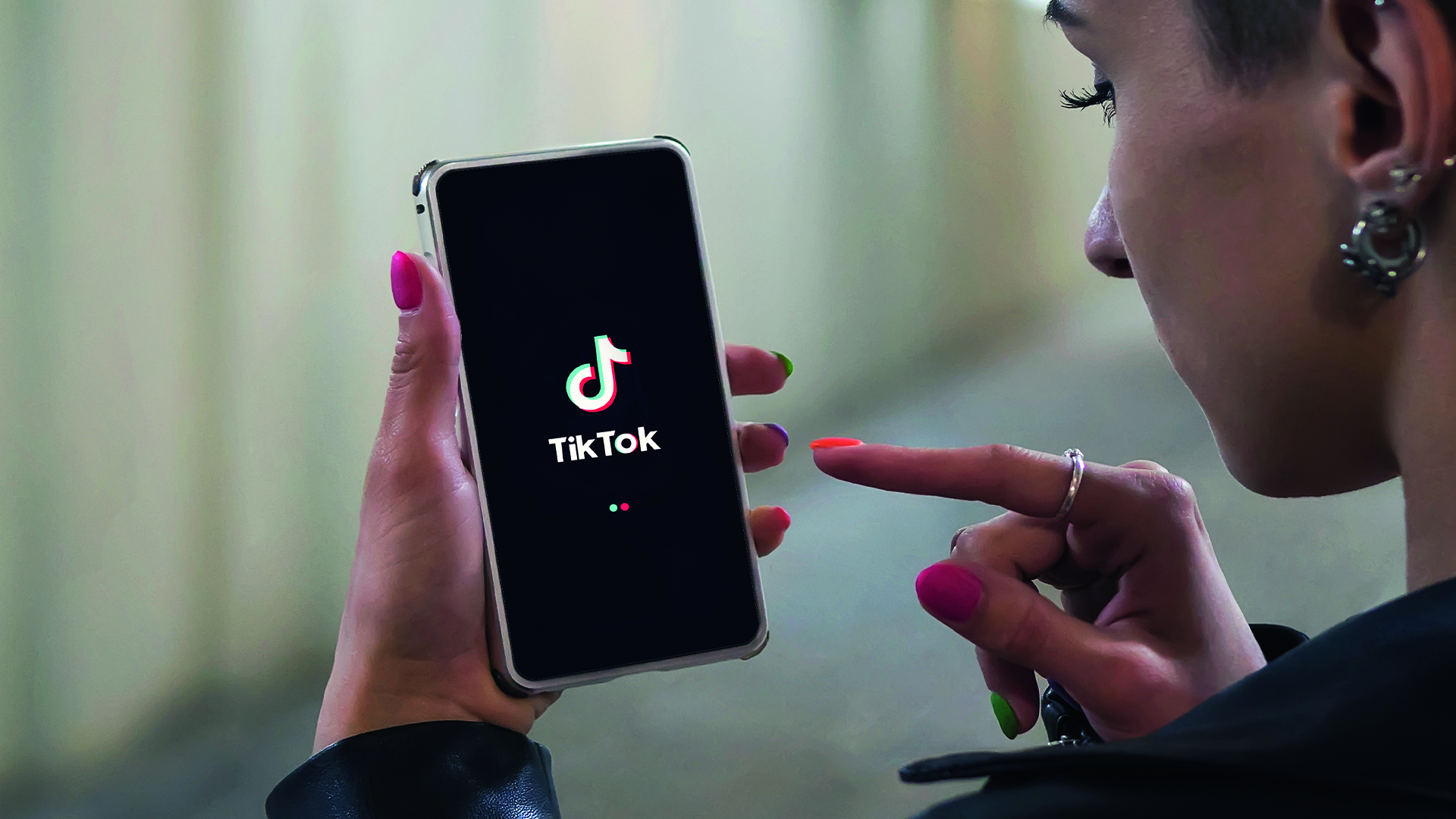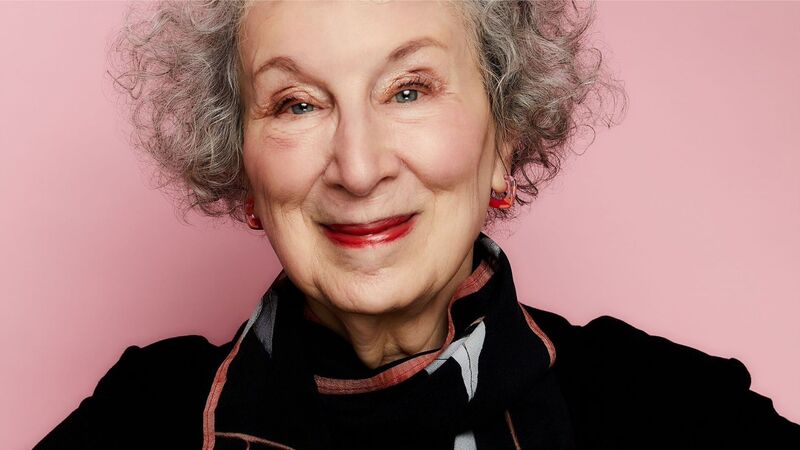You are viewing your 1 free article this month. Login to read more articles.
Social climbers

Last week the Times columnist James Marriott told us that TikTok was a threat to our “intellectual health”, arguing that it was undermining reading and liberal society. This argument might surprise those booksellers, publishers and authors who have benefited hugely from the reading culture that has developed on the social network, and who might think this to be a good thing.
But Marriott takes a different view. “We are increasingly reluctant to engage with complex texts,” argues Marriott, citing as evidence one unnamed university lecturer who “can” no longer teach George Eliot’s novel Middlemarch and another academic who reputedly “approaches classic texts through their TV adaptations”. Further—for we are not done yet—the fact that TikTok and Instagram are visual media imperils not just our brains, but also democracy, itself. “We do not yet know how easy it is to run one [a democracy] in a culture that prizes the viral video over the book”.
TikTok is revitalising reading for a generation, as YouTube did before it, or as television and cinema have also done
Factually, the premise of the piece is problematic. Marriott tells his readers that “sales of fiction are in long-term decline”, which is not true. Last year, according to Nielsen data, fiction returned its biggest ever haul (since records began), and its largest ever slice of the market (26.6%), up 11.4% on 2021’s comparable data. According to Publishers Association statistics (which include some digital sales, but importantly not Amazon’s) since 2016 sales of fiction books have risen by more than 20%. To be fair to Marriott, on Twitter (where he continued to argue his points), he cited an Atlantic article based on a study charting the decline in reading for pleasure among nine to 13-year-olds in the US. If that’s the case though, he might want to celebrate BookTok since 90 million books were bought by people who used the platform in 2022 in the UK alone, with the heaviest users 13 to 34-year-olds. Rather than undermining anything, TikTok is revitalising reading for a generation that otherwise might be lost, as YouTube did before it, or as television and cinema have also done.
I worry though that for Marriott this doesn’t really matter because they are reading the “wrong” books anyway, i.e. it is the canon that binds society together. In that case, Marriott could do worse than widen his own reading. He might, for example, pick up Babel, a multi-layered fantasy about the power of language from the growing dark academia genre written by R F Kuang, an author described in the Times as a “scholar first, novelist second”, or her follow-up Yellowface, a modern satire about publishing that comes straight from a classic tradition. Or Adam Silvera’s They Both Die at the End, a modern treatise on love and death.
Marriott may well be right to worry how social media changes our ways of thinking, but as far as books are concerned the kids are all right. More people are reading today and more widely thanks to social media, and the impact of this on publishing and therefore on wider society is likely to be profound. It is not just videos that go viral but also the books they amplify. In short, this does not end with us.


















